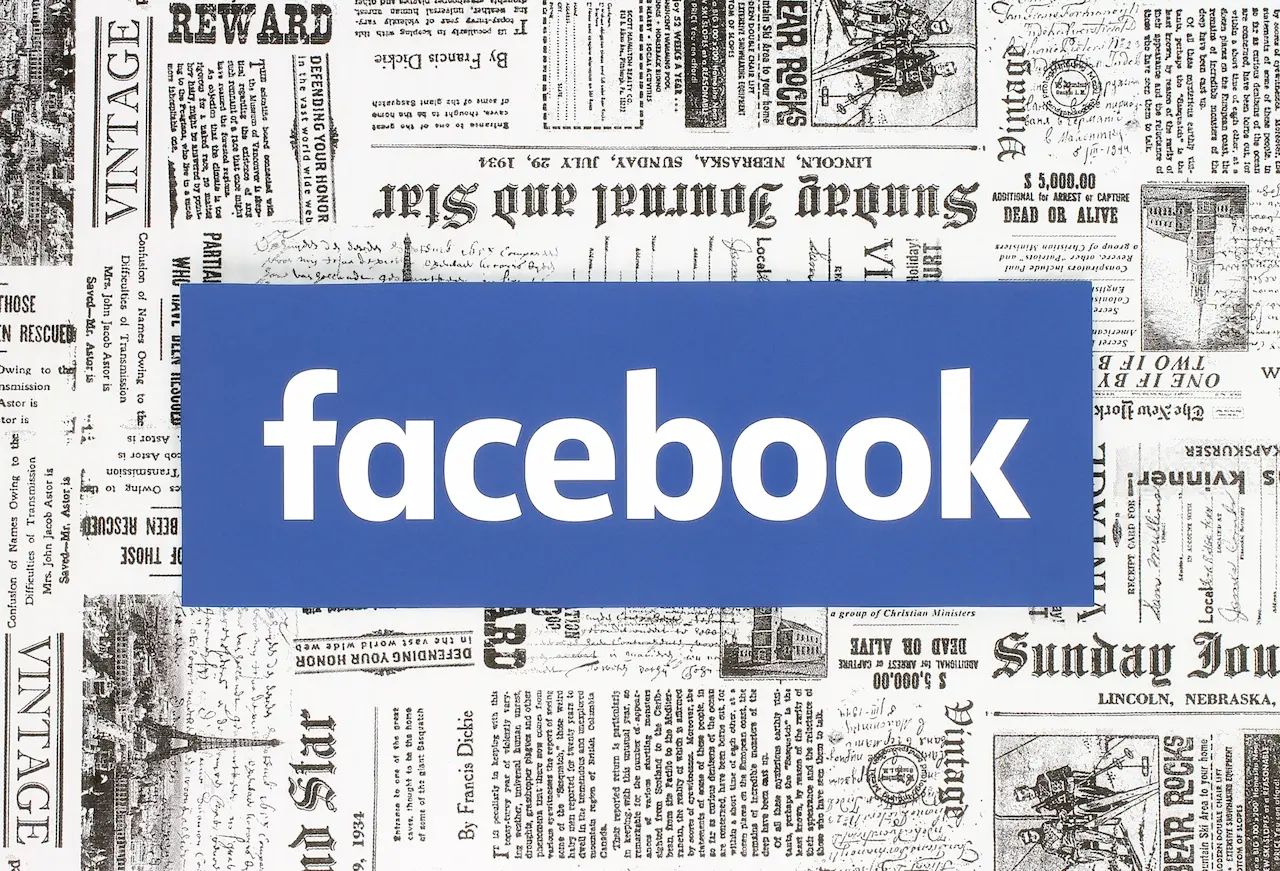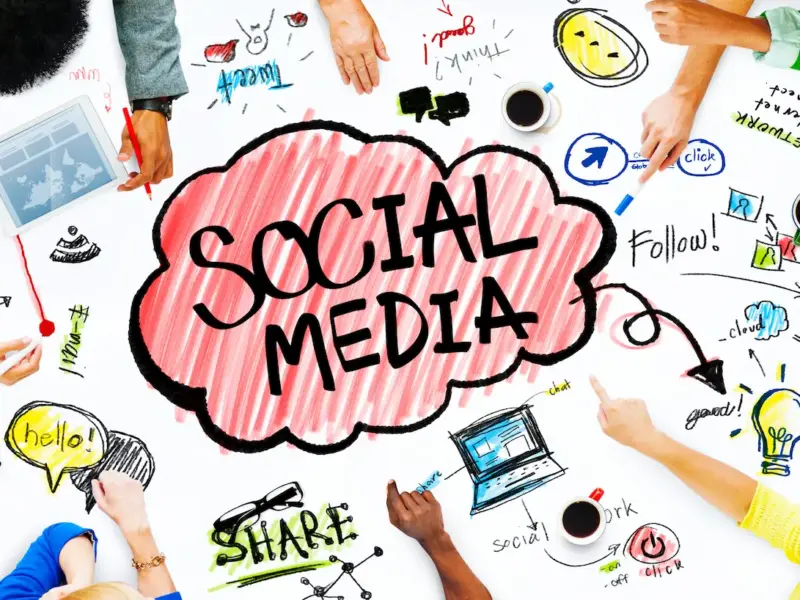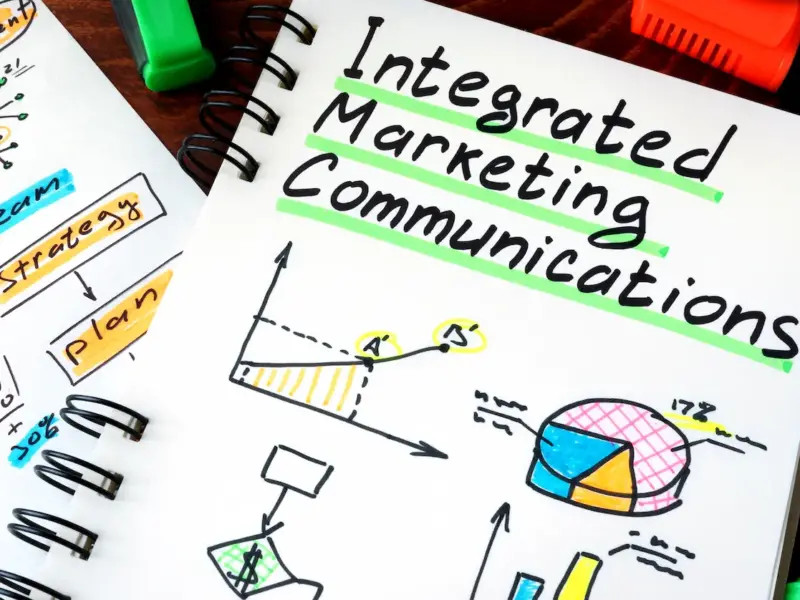Facebook for Public Relations: Utilizing Facebook
Is Facebook a good tool for PR? It’s one of the most requested posts by Journalist readers. It depends on how you define “PR”.
I’m assuming that the majority of people want to know about using Facebook as a media relations. I will start with this. Facebook is a great tool to promote organizations, lead community outreach programs or build affinity for brands. I will also touch on these topics.
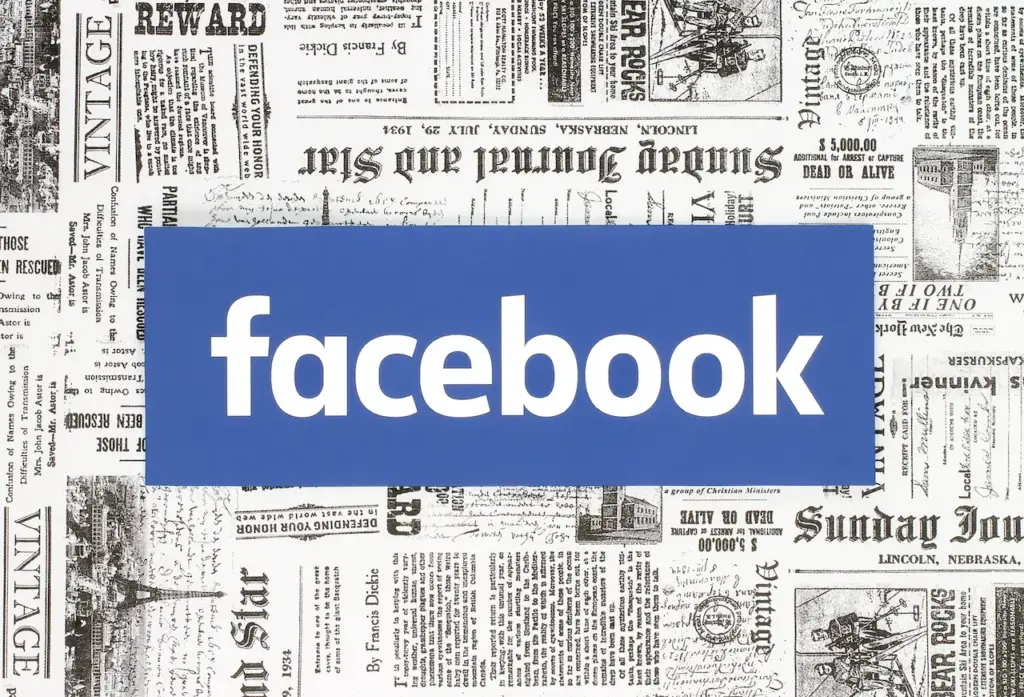
Facebook Outbound Media Relations
As I keep my Facebook profile pretty personal, I am biased. I can’t think of a situation where I would contact a journalist through Facebook for the first. I could reach out to my Facebook friends who are journalists or bloggers if I already have a relationship with them.
Facebook can be used to reach out to journalists or bloggers if you already have a relationship (preferably personal). Use a different method if this is the first time you are contacting a journalist. You can use Twitter, LinkedIn, or email, which is preferred by most journalists. This is the order I would prefer.
If you have many personal relationships with journalists, Facebook is a great way to brainstorm story angles together with your friends in the media or PR. I would avoid any formal media outreach on Facebook.
Facebook for Inbound Media Relations
Facebook is a great way to market yourself to journalists or bloggers who are looking for your expertise. Update your profile if you plan to use Facebook professionally. Give information about your organization, your role and the clients that you represent. Also, include the type of stories for which you are a source.
If you regularly update your Facebook status, you may find that journalists or bloggers contact you to get stories. As more journalists and bloggers turn to social media to find sources, this approach to inbound PR is becoming more successful.
Social networks are used by more than 70% of journalists to help them report. It is therefore important that your organization has a presence on sites such as Facebook, especially if you run an active media relations programme.
In this article, I will discuss the advantages of Facebook groups and pages, but you should also share your company news, ideas for stories, and other pertinent information via these channels. These sites are mini-versions of your online media room. You never know who will find you on Facebook.
Facebook as a Community Outreach
Facebook Groups and Pages are great tools for marketing campaigns. If you are involved in cause marketing I would be surprised if Facebook wasn’t being used to help you mobilize support and provide more information about how people can get involved.
Check out the American Red Cross Page for a great Facebook Page that is used to reach out to your community. This Page is a great way to communicate with the most active supporters of an organization. It has over 150,000 fans. This example is particularly timely since the American Red Cross posts regular updates about its efforts in Haiti.
Facebook can be used for outreach to the community by anyone, even if you’re not a non-profit. Facebook is used by thousands of groups and organizations in your locality to increase their support and reach. I live in a suburban area of Atlanta and am active in several local groups that support causes in my community.
These free and easy-to-use tools can help you build stronger relationships for your cause. Facebook Groups and Facebook pages are integral components of the largest social network. You can easily garner support for a cause without having to spend time creating a website or executing a marketing campaign.
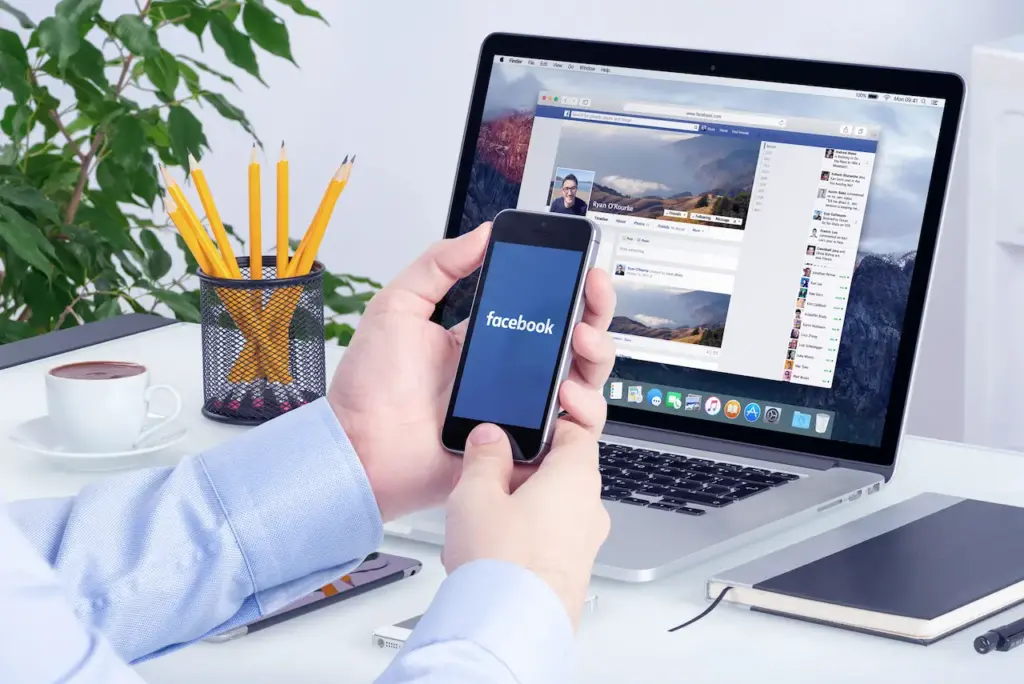
Facebook to Promote Your Organization
Facebook Groups can be a great way to manage the membership of a group. Facebook Groups are a great option for those who want to start a new group or need a cost-effective way to manage communications with members, post an events calendar or provide additional networking opportunities for members. They fall under the PR category.
You might want to consider creating your own Facebook Group if you are part of the corporate communications team. This is especially true if you don’t have any groups in your area. You could, for example, create a Facebook group devoted to topics important to non-profit professionals in PR.
If you are a new entrepreneur, then you can start a group that helps entrepreneurs exchange ideas and connect. Before you create one, make sure that one does not already exist in your area.
Facebook Groups are an effective tool for growing and marketing your group. It’s also free. It’s free. There are over 350 million Facebook users in the world.
There are other services such as MeetUp Upcoming, and EventBrite that provide similar (and alternative) options. Depending on your needs, it may be worth checking out these options.
Facebook to Build Brand Affinity
“Fan Pages” is another name for Facebook Pages. The “Fan Pages” is one of Facebook’s most brilliant ideas. Create a fan page for your group, organization, product, or service. Manage all of your marketing via this channel. These days, it’s hard to find a company without a Facebook page. You need a Facebook page if you are a brand.
What better way to get your most loyal customers involved in your brand (remember it’s FREE)? You’ll learn much more about your company, your products, and your services if you interact and share information regularly with your Facebook fans.
Here are three Facebook Pages that I like.
- Coca-Cola Fan Page
- The New York Times HTML0
- Georgia Aquarium
Facebook Pages can be a powerful tool for creating affinity with consumers and establishing a direct connection between them.
Word of caution: pages can also serve as a focal point for complaints when things go wrong. It’s one of the main reasons why organizations avoid social media. Do not make this mistake. Use your Facebook page to discuss with your customers if they are unhappy. Build stronger relationships by making things right.
You’ll also want to keep an eye on what people are saying about you on Facebook (and other social media channels). Be prepared for happy or unhappy customers to create their own Facebook pages about you. Engage with your audience and let them see that you care and are listening (hopefully).
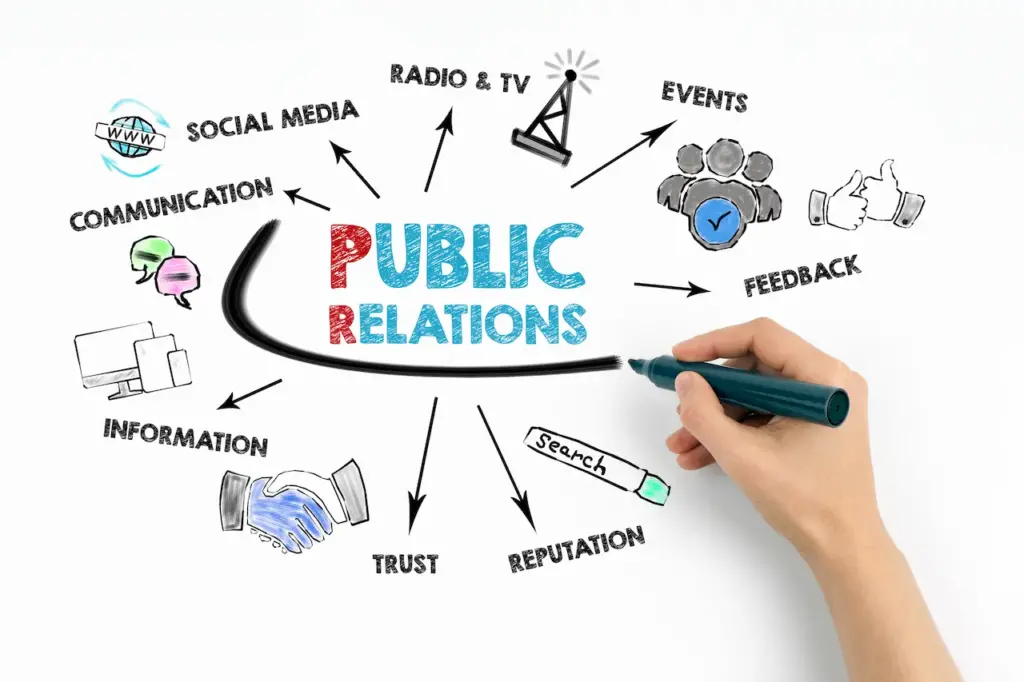
The Bottom Line for Facebook PR
You can no longer rely solely on your website, your press releases or your blanket pitches to be your PR power tool. Information overload is a reality. It’s better to reach audiences on social networks, like Facebook, or in places where they may be searching for information at the right time.
You should not consider Facebook as the only social media channel you can use for your PR. These suggestions should help you explore more opportunities for PR through Facebook.
Additional Resources
Journalists have also started to learn how to use Facebook. Look at the resources below to learn how journalists can utilize Facebook. If anything, it should make you realize the importance of having a Facebook page for your organization.
- The journalist’s guide to Facebook
- SaveTheMedia How journalists can use Facebook
- Facebook: What’s in it for Journalists? – PoynterOnline
- Journalists use Facebook to find sources and promote stories- About.com

